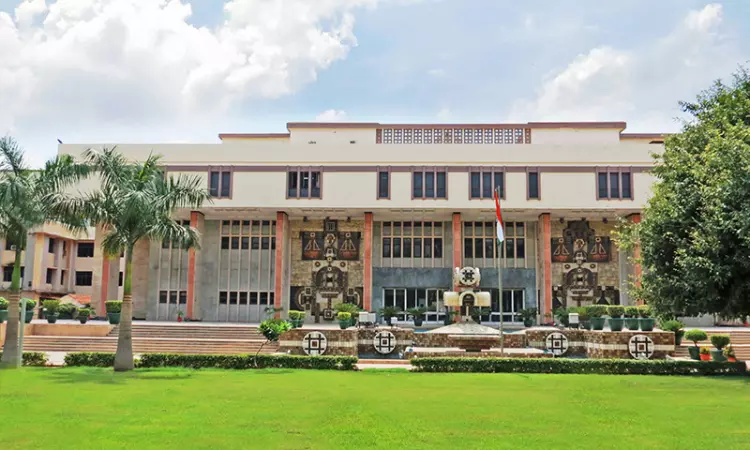The Delhi High Court bench of Justice Amit Bansal held that the role of the court is limited to verifying the existence of a valid arbitration agreement. The bench held that once the court confirms that the arbitration agreement exists, it should refrain from delving into other issues, which are to be decided by the arbitral tribunal.Brief Facts:The Petitioner was awarded a contract for...

